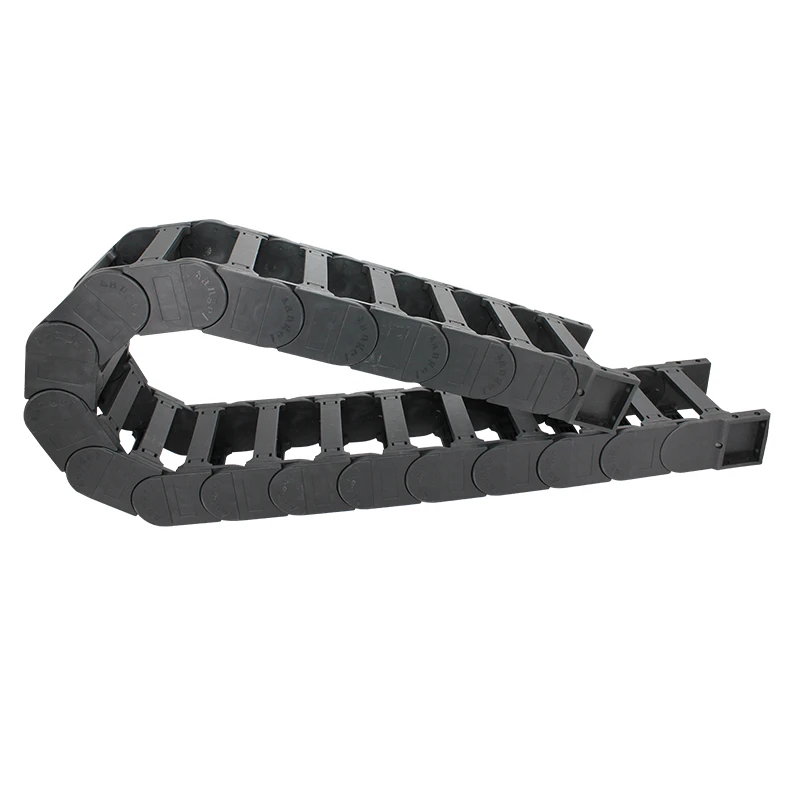cnc bellows
Understanding CNC Bellows Essential Components for Precision Machinery
CNC (Computer Numerical Control) machines have revolutionized the manufacturing industry, enabling precision machining that was once unimaginable. A crucial component in ensuring the performance and longevity of these machines is the CNC bellows. These flexible protective covers play an essential role in safeguarding delicate internal components from debris, coolant, and other harmful substances.
What Are CNC Bellows?
CNC bellows are specially designed covers that envelop moving machine parts, particularly in milling and turning centers. They are typically made from durable materials such as rubber, neoprene, or various polymers that withstand the rigors of machining operations. Their primary purpose is to protect critical components like slides, rails, and spindles from contaminants that could lead to wear, corrosion, or malfunction.
The Importance of CNC Bellows
In the high-speed environment of CNC machining, exposure to dust, chips, and other particulates can significantly impact performance. CNC bellows serve as a first line of defense, maintaining a clean operational environment. Here are some key reasons why they are vital
1. Protection Against Contamination By keeping out dust, metal shavings, and lubricants, CNC bellows ensure that the internal mechanisms remain clean and free from abrasive materials that could lead to premature wear.
2. Enhanced Longevity By preventing the ingress of harmful substances, bellows help extend the life of expensive components. This is particularly important in high-precision applications where even minor deviations can affect product quality.
3. Cost Efficiency Protecting machinery with bellows can lead to lower maintenance costs and reduced downtime. It minimizes the need for repairs and replacements, ultimately saving manufacturers significant amounts of money.
cnc bellows

4. Safety In addition to mechanical protection, CNC bellows can enhance safety by containing any debris that may be ejected during machining operations. This reduces risks for operators and helps maintain a safe working environment.
Types of CNC Bellows
CNC bellows come in various shapes and sizes, designed to suit different machine configurations. Some common types include
- Accordion Bellows These are the most widely used, featuring flexible, pleated sections that allow for smooth movement while providing substantial protection. - Flat Bellows Often used for linear motions, flat bellows are simpler in design and can be effective for less complex applications.
- Custom Bellows For machines with unique shapes or requirements, custom bellows can be engineered to provide tailored protection. This flexibility ensures that every machine can achieve optimal performance.
Choosing the Right CNC Bellows
When selecting CNC bellows, manufacturers should consider factors such as the machine's operating environment, the materials being machined, and specific application needs. It’s also crucial to ensure that the bellows fit properly and are made from high-quality materials to maximize their lifespan and effectiveness.
Conclusion
In the world of CNC machining, the importance of seemingly small components like CNC bellows cannot be underestimated. They play a pivotal role in ensuring machines operate efficiently and reliably, ultimately leading to better product quality and lower operational costs. As technology continues to advance, the design and materials used in CNC bellows too will evolve, providing even greater protection for the sophisticated machinery of the future.








